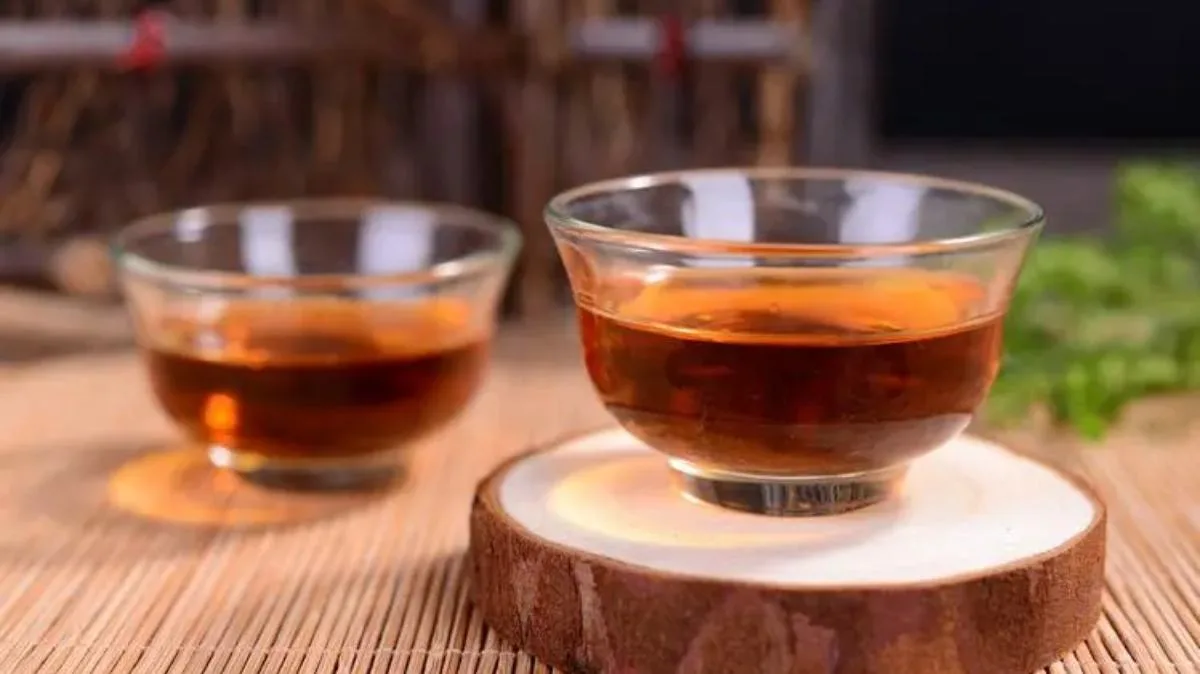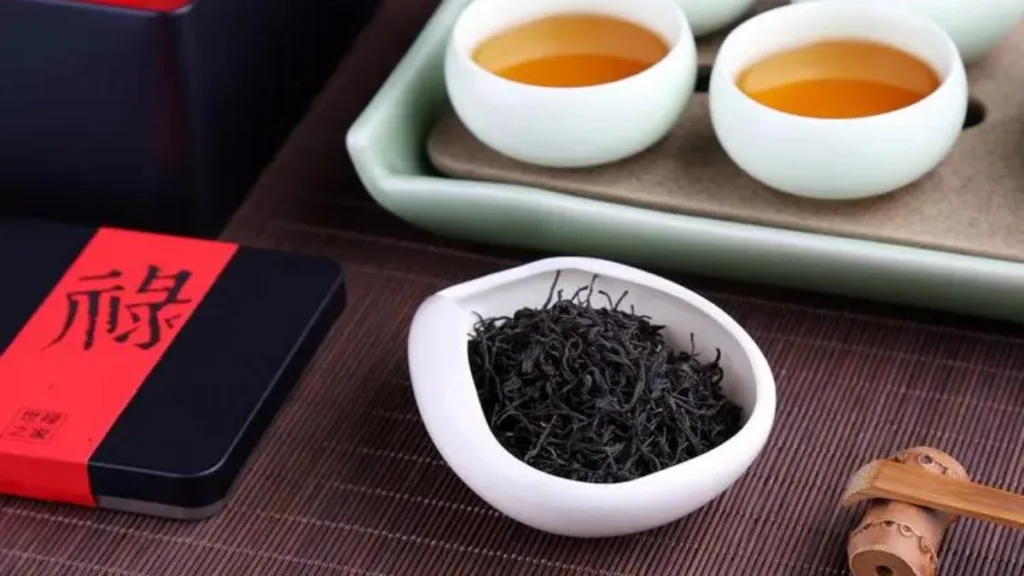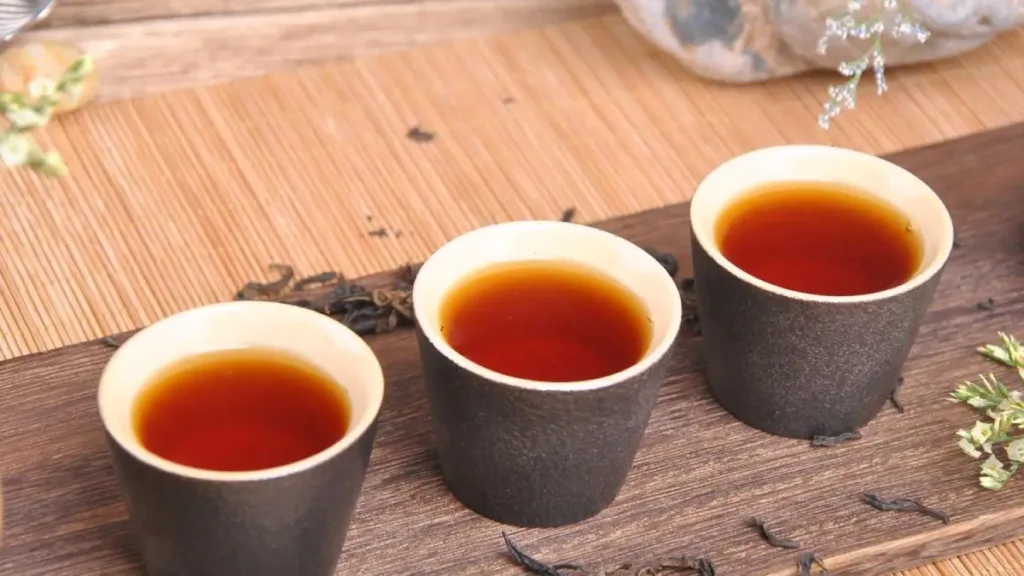Black tea, renowned for its rich flavor and cultural significance, is a popular beverage worldwide. In the realm of daily hydration, questions often arise regarding whether black tea can be considered a substitute for water. While both tea and water contribute to overall fluid intake, they have notable distinctions, and it’s crucial to understand that tea, including black tea, cannot entirely replace the essential role of water in our bodies.
Tea Cannot Replace Water:
- Essential Nature of Water: Water is a fundamental component necessary for the proper functioning of the human body. It cannot be entirely substituted by tea. Consuming excessive tea may lead to dental issues, gastrointestinal discomfort, and the formation of kidney stones.
- Chemical Composition of Tea: Tea contains substances like tea polyphenols and caffeine. While moderate consumption may have cognitive benefits, excessive intake can lead to overstimulation, difficulty sleeping, and other adverse effects.
- Avoiding Hyponatremia: Excessive consumption of any beverage, including water, can lead to hyponatremia (low sodium levels), causing adverse effects on the nervous system and the heart. Maintaining a balance and adopting healthy habits, such as a well-rounded diet with fruits and vegetables, is crucial.
Pros and Cons of Drinking Water and Tea:
Drinking Water: Water is an indispensable beverage in our daily lives, contributing to maintaining body fluid balance, promoting metabolism, and facilitating waste elimination. However, long-term consumption of water has some drawbacks. Water alone cannot provide essential vitamins and minerals, and excessive intake may lead to a drop in sodium ions, negatively impacting the nervous system and heart.
Drinking Tea: Tea, with its rich content of tea polyphenols, caffeine, and other compounds, offers nutritional value. Long-term tea consumption may improve circulation, provide necessary vitamins and minerals, and offer potential benefits in controlling lipid levels, blood sugar, and body weight. However, excessive caffeine intake from tea can lead to issues such as insomnia, and tea stains may adversely affect dental health. It’s also crucial to be cautious about potential pesticide residues in lower-quality tea leaves.
Types of Tea:
Black Tea: Black tea, having undergone full fermentation, has a higher caffeine content compared to green tea. It is known for its ability to boost alertness and cognitive vitality. However, excessive caffeine may affect sleep quality, so moderation is key.
Tips for Healthy Tea Consumption:
- Choose High-Quality Tea: Opt for authentic, fresh tea leaves from reputable brands or specialty tea shops to ensure both taste and nutritional value.
- Control Brewing Time and Temperature: Follow the correct brewing methods for different types of tea, adjusting brewing time and temperature accordingly to avoid bitterness.
- Limit Tea Intake: For adults, it’s advisable to limit tea consumption to around 5-6 cups per day, with each session not lasting too long to avoid gastrointestinal stimulation.
- Use Clean Water: The quality of water used for brewing affects the taste and nutritional content of tea. Opt for pure, clean water to preserve the quality of the tea.
- Add Suitable Ingredients: Enhance the flavor and nutritional value of tea by adding natural ingredients like red dates, honey, or goji berries in moderation.
- Choose Tea According to Your Needs: Select tea varieties based on personal health needs. For example, those prone to heatiness can choose cooling green teas, while individuals with sleep issues can opt for calming teas like chamomile or goji berry tea.
- Avoid Drinking Tea on an Empty Stomach or at Night: To prevent digestive discomfort, it’s best to enjoy tea after meals or during the day, avoiding consumption on an empty stomach or before bedtime.
In conclusion, while black tea and water both contribute to hydration, they serve different roles in the body. Water remains an essential source of hydration, providing vital nutrients that tea cannot fully replace. Enjoying tea in moderation, accompanied by a balanced diet and healthy lifestyle, can contribute to overall well-being. As with any dietary choice, it’s essential to be mindful of individual health conditions and make informed decisions to promote a healthy and balanced lifestyle.



